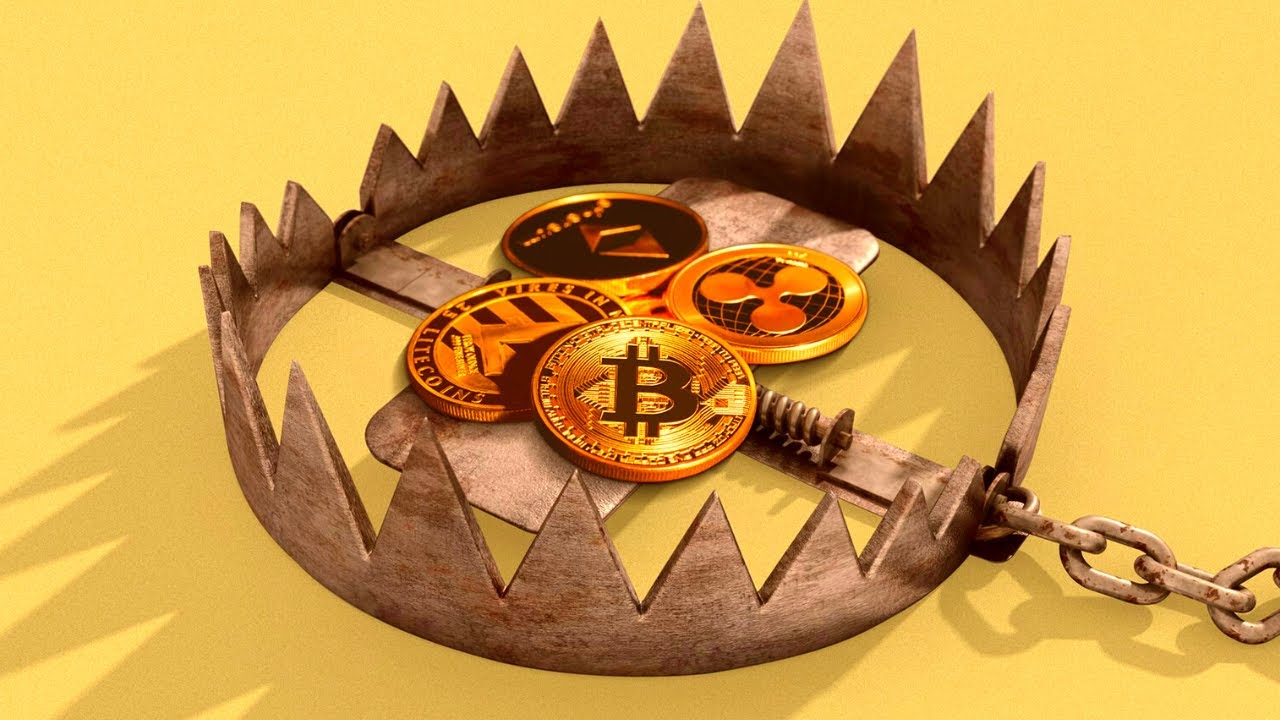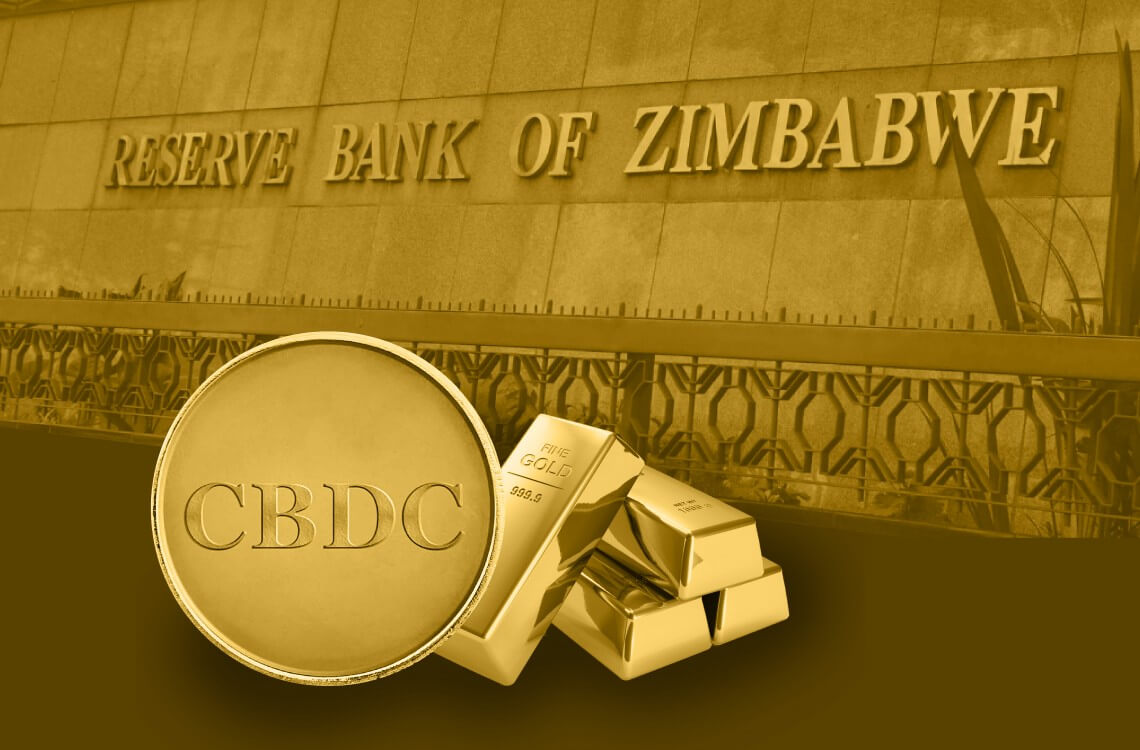How to Protect Yourself from Bitcoin Scammers

The digital financial landscape is filled with opportunities, yet it also harbors risks that can lead to significant losses. As the popularity of virtual currencies continues to rise, so does the prevalence of deceptive practices aimed at unsuspecting individuals. Navigating this complex environment requires vigilance and awareness to protect oneself from malicious entities seeking to exploit the uninformed.
Understanding the common characteristics of fraudulent schemes is essential for anyone looking to engage with digital assets. Knowledge and caution play pivotal roles in distinguishing legitimate ventures from dubious offers. By arming oneself with effective strategies, individuals can safeguard their investments and ensure a more secure experience in the world of online finance.
Preparation and education are key in recognizing warning signs that may indicate potential risks. Cultivating an informed mindset enables individuals to make sound decisions, ultimately fostering a safer environment for managing digital wealth. In this article, we will explore practical approaches to enhance your security as you navigate the exciting yet perilous realm of online currencies.
Recognizing Common Scam Techniques
Identifying deceptive practices is essential in navigating the digital finance landscape. Scammers employ various tactics to exploit unsuspecting individuals, often masking their true intentions behind sophisticated methods. Understanding these strategies can enhance awareness and promote safer interactions within the realm of cryptocurrencies.

One prevalent tactic is the use of urgency, where fraudsters create a false sense of immediacy to pressure targets into making hasty decisions. This urgency might manifest through limited-time offers or alarming messages about potential losses. Another method involves impersonation, where con artists pose as legitimate individuals or organizations, luring victims through trust and familiarity.
Similarly, phishing schemes play a significant role, as attackers craft convincing emails and websites designed to steal sensitive information. Victims may unwittingly disclose private keys or personal data in response to seemingly trustworthy communications. Additionally, fake investment platforms often promise extravagant returns, enticing users to deposit funds into non-existent accounts.
Awareness of these techniques empowers individuals to remain vigilant. By recognizing red flags and maintaining a critical mindset, one can significantly reduce the risk of falling victim to fraudulent schemes in the ever-evolving world of digital currencies.
Secure Your Wallet with Best Practices
Establishing a robust defense for your digital assets is crucial in today’s landscape. Implementing effective strategies can significantly enhance the safety of personal accounts and assets. These foundational measures serve to protect sensitive information and prevent unauthorized access.
- Enable Two-Factor Authentication: This extra layer of security requires not only a password but also a second form of identification, making it difficult for intruders to gain access.
- Use Strong Passwords: Create complex and unique passwords for your accounts. Consider utilizing a password manager to keep track of them securely.
- Regularly Update Software: Keeping your wallet software, as well as your device’s operating system, updated helps guard against vulnerabilities.
- Backup Your Wallet: Ensure regular backups are made. Store these backups in a safe location, either offline or in a secure cloud service.
- Be Wary of Phishing Attempts: Always verify the source of communications before clicking on links or providing personal information to avoid deceitful practices.
Adopting these practices can create a secure environment for your digital holdings and enhance overall resilience against potential threats.
Research Before Making Investments
Thorough investigation and due diligence are crucial components in the investment process. Understanding the market landscape and evaluating potential opportunities can significantly impact decision-making. Knowledge empowers individuals to recognize genuine prospects while steering clear of pitfalls that may arise in the financial arena.
Begin by gathering information from reliable sources, including reputable news outlets, market analyses, and expert opinions. Reviewing historical performance and current trends can offer insight into the stability and potential growth of various assets. Furthermore, consulting with financial advisors or knowledgeable peers can provide additional perspectives that enhance understanding.
Additionally, scrutinize the motivations and backgrounds of those promoting investment opportunities. Researching their track record and reputation can reveal valuable insights about their credibility. Engaging in community forums can also foster discussions that shed light on various viewpoints, augmenting your knowledge base.
In summary, taking the time to conduct comprehensive research significantly contributes to making informed choices. A well-informed investor is better equipped to navigate the complexities of financial markets, ultimately leading to more prudent and strategic investment decisions.
Beware of Too-Good-To-Be-True Offers
When exploring financial opportunities, it’s crucial to exercise caution, especially when encountering exceptionally attractive propositions. Often, deals that seem disproportionately beneficial can conceal hidden dangers. The allure of rapid wealth accumulation might cloud judgment, leading many to overlook potential risks. Recognizing these enticing offers for what they truly are can safeguard individuals from detrimental financial decisions.
Common Characteristics of Unrealistic Propositions
Recognizing the signs of suspicious opportunities can be pivotal in avoiding pitfalls. Here are some widespread traits to consider:
| Characteristic | Description |
|---|---|
| Guaranteed Returns | Promises of fixed or guaranteed returns, regardless of market conditions, are often misleading. |
| High Pressure Tactics | Pressuring individuals to act quickly without adequate research is a red flag. |
| Lack of Transparency | Offers that do not disclose essential information raise concerns about their legitimacy. |
| Unrealistic Claims | Exaggerated statements about profits that seem too good to be true should trigger skepticism. |
Trust Your Instincts
If something appears excessively advantageous, it’s prudent to investigate further. Taking time to conduct thorough research and seek advice from credible sources can help illuminate the authenticity of such offers. Remember, in the financial realm, genuine opportunities require meticulous evaluation rather than impulse decisions.

Verify Sources and Information
In the digital age, the accuracy and credibility of information play a crucial role in making informed decisions. Ensuring that the details you encounter come from reliable sources is essential for safeguarding your interests and financial well-being. A careful assessment of information can greatly reduce the likelihood of falling prey to misleading claims and deceptive practices.
Cross-Check References
Always consult multiple sources before trusting any claims. Reliable news outlets, expert analyses, and community feedback can provide a clearer picture. Look for consistency across different platforms, as reputable information is often corroborated by various independent entities.
Examine Credentials
Before accepting information as accurate, take a moment to scrutinize the qualifications and background of the individuals or organizations disseminating it. Established professionals and institutions usually offer their expertise based on solid experience and verifiable data, which can lend credibility to their insights.
Stay Updated on Cryptocurrency News
Keeping oneself informed about the latest happenings in the digital currency space is essential for making informed decisions. Awareness of market trends, regulatory changes, and emerging technologies can significantly enhance your understanding and protect you from potential pitfalls.
Follow reputable sources that provide accurate and timely information. Trusted websites, financial news platforms, and expert analyses can offer valuable insights into the dynamics of the cryptocurrency landscape.
Additionally, engaging with community forums and social media groups dedicated to cryptocurrency can help you stay connected with fellow enthusiasts. Such interactions often reveal real-time information and diverse perspectives.
Regularly monitoring updates ensures that you are equipped with the necessary knowledge to navigate the ever-evolving world of digital assets. Make it a habit to consume content from credible outlets and engage with knowledgeable individuals in the community.

Q&A: Tips for avoiding bitcoin scammers
What are some common tactics used by Bitcoin scammers?
Bitcoin scammers typically use various tactics to deceive individuals and steal their funds. Common strategies include phishing emails that appear to be from legitimate exchanges, fake websites that mimic real platforms, and promises of high returns on investment to lure victims. Scammers may also engage in social engineering, creating a sense of urgency or fear to compel individuals to act quickly. It’s crucial to be aware of these tactics and thoroughly verify sources before engaging in any transaction.
How can I identify a potential Bitcoin scam before falling victim to it?
Identifying a potential Bitcoin scam involves being vigilant and aware of certain red flags. First, check the credibility of the platform or individual offering the investment opportunity. Look for reviews and user feedback from reliable sources. Encrypted websites with SSL certificates (https://) provide a layer of security. Additionally, be wary of promises of guaranteed returns, high-pressure sales tactics, and unsolicited offers. If something seems too good to be true, it probably is. Always conduct thorough research and consult trustworthy financial advisors.
Are there specific communities or forums where I can learn more about avoiding Bitcoin scams?
Yes, there are several online communities and forums dedicated to cryptocurrency where you can learn more about avoiding Bitcoin scams. Websites like Reddit have dedicated subreddits such as r/Bitcoin and r/CryptoCurrency, where users share experiences and insights about scams and security measures. Additionally, forums like BitcoinTalk provide a wealth of knowledge from seasoned users as well as scam alerts. Moreover, educational resources and articles from reputable financial news websites often discuss the latest scams and safety tips to protect yourself in the crypto space.
What should I do if I think I’ve encountered a Bitcoin scam?
If you suspect that you’ve encountered a Bitcoin scam, it’s important to take immediate action. First, cease any communication with the scammer and do not send them any more funds. Gather and document all relevant information, such as email addresses, usernames, and transaction details. You can report the scam to local authorities and your country’s consumer protection agency, as well as file a report with cybercrime units such as the FBI’s Internet Crime Complaint Center (IC3) in the United States. Sharing your experience on social media or crypto forums can also help alert others to the scam.
Are there any tools or resources available to help me verify the legitimacy of a Bitcoin investment opportunity?
Yes, there are several tools and resources available to help you verify the legitimacy of Bitcoin investment opportunities. Websites such as CoinMarketCap and CoinGecko provide information about various cryptocurrencies and their exchanges, including user reviews and trading volumes. Additionally, platforms like Scamwatch and the Better Business Bureau (BBB) can help you check for any complaints or fraud reports associated with specific entities. You can also use websites dedicated to detecting scams, such as Bitcoin Scam Alerts, which provide updated lists of known scams and fraudulent schemes in the cryptocurrency sector.
How can you protect yourself from cryptocurrency scams?
Protecting yourself from cryptocurrency scams requires vigilance and research. Scammers often use phishing scams, fake crypto projects, and investment scams to trick users. Always verify the legitimacy of a cryptocurrency exchange before sending cryptocurrency. Avoid cryptocurrency fraud by not sharing private keys or sending funds to unknown wallets. Scammers promise high returns with little risk, which is a common red flag.
What are the most common types of cryptocurrency scams?
Common types of cryptocurrency scams include phishing scams, rug pull scams, and romance scams. Scammers create fake crypto projects to attract investors before stealing funds. Social engineering scams involve scammers pretending to be trusted figures to trick users into sending cryptocurrency. Scammers use fake investment opportunities to promise high profits, but these crypto scams often result in financial loss.
How do scammers use fake crypto exchanges to steal funds?
Scammers often create fake crypto exchanges that look identical to reputable cryptocurrency exchanges. These fake platforms trick users into depositing funds, which the scammers then steal. Avoid crypto scams by only using trusted cryptocurrency exchanges. Checking reviews and verifying a platform’s legitimacy can help prevent falling victim to cryptocurrency scams.
What should you do if you become a victim of a cryptocurrency scam?
If you fall victim to a cryptocurrency scam, report cryptocurrency scams to authorities immediately. Contact the cryptocurrency exchange where the fraud occurred and provide details of the scam. Scams often involve irreversible cryptocurrency transactions, making recovery difficult. Avoid future scams by learning how to identify common crypto scams and only using secure crypto wallets for transactions.
How do scammers trick users into sending cryptocurrency?
Scammers often promise high returns and use fake giveaways to trick users into sending cryptocurrency. Fake investment scams require victims to send cryptocurrency to the scammer’s wallet with the false promise of profit. Romance scams and social engineering scams involve building trust before requesting funds. Avoid cryptocurrency scams by never sending crypto to unknown wallets and verifying investment opportunities.
What are the common types of crypto scams and how to avoid them?
Common types of crypto scams include rug pull scams, pig butchering scams, and phishing attacks. Scammers send fake promises of high returns or lucrative opportunities to deceive investors into sending crypto to the scammer’s wallet. These scams often target new crypto investors who are unfamiliar with the crypto world. To avoid falling victim to these scams, always verify the legitimacy of a cryptocurrency project and be cautious of unsolicited offers. Additionally, never send crypto to unknown addresses or trust promises of multiplying your cryptocurrency. Educating yourself about how to spot a cryptocurrency scam and using secure crypto wallets are essential steps in protecting your investments.
How do scammers exploit cryptocurrency investments and what should you be aware of?
Scammers in the crypto market often exploit the excitement surrounding new crypto opportunities, promising quick profits or the chance to invest in a groundbreaking cryptocurrency project. They may ask you to send crypto to the scammer’s wallet, claiming they can multiply the amount of cryptocurrency you send. Many scams come in the form of fake initial coin offerings (ICOs) or fake cryptocurrency exchanges that seem legitimate at first glance. Scammers often target individuals who are unfamiliar with crypto assets and crypto investments. To avoid falling for these scams, always conduct thorough research, avoid sending cryptocurrency to unknown recipients, and be cautious when promises seem too good to be true.

